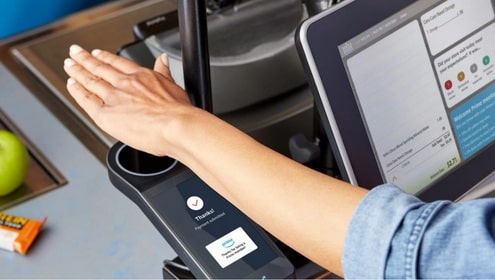The lawmakers sent Jassy seven questions to answer, five of which seek assurances about customer data. Two ask for strategic information about the retail biometric ID service, One.
Not much is likely to come of the request.
The five on-point questions about privacy and security policies could become the data that governments demand of anyone touching citizens’ information. They could even become the basis for government policy and industry standards around biometrics collection.
Those are not safe bets.
And, as a one-off inquiry, Amazon will look like it is being singled out. Jassy can, and almost certainly will, claim some or all of the information is proprietary. Alleging unfair treatment would be a solid argument for Amazon if any of this ends up in court.
Some of the questions are fuzzy, which should empower Jassy to respond with equally fuzzy and incomplete answers.
Not that he is motivated to cooperate in a meaningful way. Jassy now leads one of the most powerful commercial enterprises since the height of the days of the Mafia.
(Organized-crime kingpin Meyer Lansky once boasted about his untouchability, “We’re bigger than General Motors.” Amazon’s 2020 revenue was $386 billion, more than three times that of General Motors.)
Jassy is cavalier about his customers’ privacy. In his world, Amazon sets the biometrics policies and if anyone is wronged by them, they can document how they were harmed and send that information to Amazon’s abused hotline, or post it online to, one supposes, get some sympathy.
Amazon may simply be taking advantage of the ‘privacy paradox,’ which is the name given be researchers to the phenomenon in which people say they value privacy and want to protect personal data, but immediately give up privacy and protections when offered an incentive. This phenomenon is explained in an article by Northumbria University Research Chair in Applied Psychology Pam Briggs for The Conversation.
People tend to underestimate risk associated with things that they like, while overestimate it for things they do not. The leads people to often give up personal data, including biometrics, to organizations they say they do not trust, if only they are offered some small incentive. Like, say, $10.
Article: 3 U.S. Senators want biometrics info about Amazon’s palmprint service
